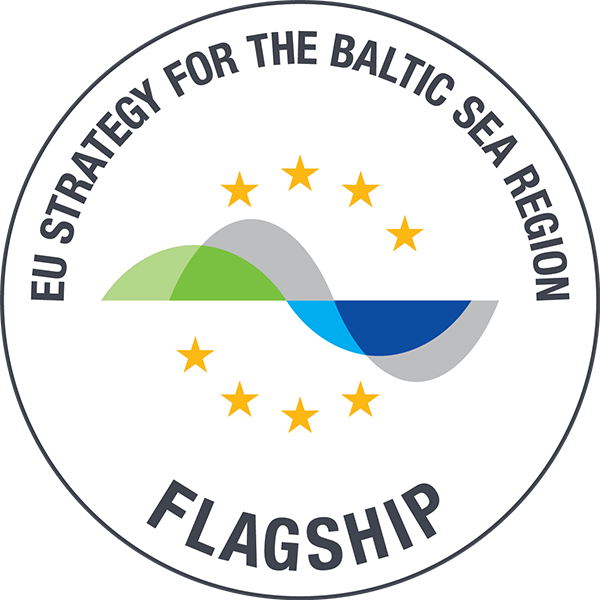At our final public meeting for the FIAXSE activity and work package in the Pan Baltic Scope project, we decided to engage planners around the Gulf of Bothnia (GoB), from different levels, and different regions to meet, discuss, and network for a better Maritime Spatial Plan in the future. Our meeting focused on why it is essential to engage stakeholders in the MSP process and why networking cross-border and cross-level is necessary when planning for a common goal.
Communication is key for collaboration
Involving planners from the Gulf of Bothnia at all levels was an essential key to discuss the needs, views, and solutions for bordering sea areas. As the sea in the Gulf of Bothnia is shared by three main partners (Finland, Åland, and Sweden), and sea use in the area of the partner’s territory will indirectly affect the other partner’s sea uses. Some actors and stakeholders are even directly dependent on the shared sea areas, and shared resources, such as fishing grounds and shipping as these sea uses cross the sea borders for their livelihood.
Fishing and Off-shore Windfarm (OWF) placement have previously, and within this activity, been identified to cause conflicting interests in sea use areas. We approached both fishers and OWF representatives to attend our public meetings to openly discuss the needs for each sector in the GoB, as well as possible conflicts the sectors might have with each other. These discussions have led to the sectors to openly communicate with each other, as well as find possible collaboration solutions in the future.
At our final public meeting, we focused on identifying a broader communication network that planners at all levels in the GoB, can use when discussing future plans and needs of the sea. We highlighted the need to involve planners, not only at the national and regional level but also at local level.
Stakeholder involvement to support collaboration
Local knowledge and local needs are fundamental to highlight in MSP processes as this information is usually lost or forgot in large-scale processes. However, local-knowledge can become large-scale if it is compiled from a broader audience, as well as multiple respondents. Local-level knowledge can also identify long-term changes and challenges in the environment which can be extremely important for development purposes. Local-level knowledge can, for example, determine if fish-stocks have changed in the long-term, which essential fish habitats should be considered in MSP processes, how to environment has changed long/short term.
Nevertheless, involving stakeholders, especially local-level stakeholders, can be a challenge if social trust, institutional trust, and cross-level trust is minimal or lacking entirely. Increasing trust can be a challenge, and it requires time and resources, but with increased levels of trust, local-level knowledge can be collected and incorporated in planning processes. One lesson that we learned from the Public Meeting was that if you want “them” to trust “you”, “you” have to show trust towards “them” first.
One lesson that we learned from the Public Meeting was that if you want “them” to trust “you”, “you” have to show trust towards “them” first.
The Åland Islands and the Satakunta Region have, during 2019 involved local-level stakeholders and gathered local-level knowledge and sea use for a better MSP. Preliminary results from a social trust study and mapped important areas for local-level stakeholders in Satakunta and the Åland Islands were presented at the meeting. These results have also influenced the national MSP processes.
Involving stakeholders at all levels, colliding stakeholders from different sectors, and gathering planners from different levels has had a positive result in the Gulf of Bothnia planning processes. Together, by understanding each other’s needs and restrictions, we can make better plans in the Gulf of Bothnia. The principal outcome is to continue to use the collaboration networks and discussions that have started during previous and current projects.

















